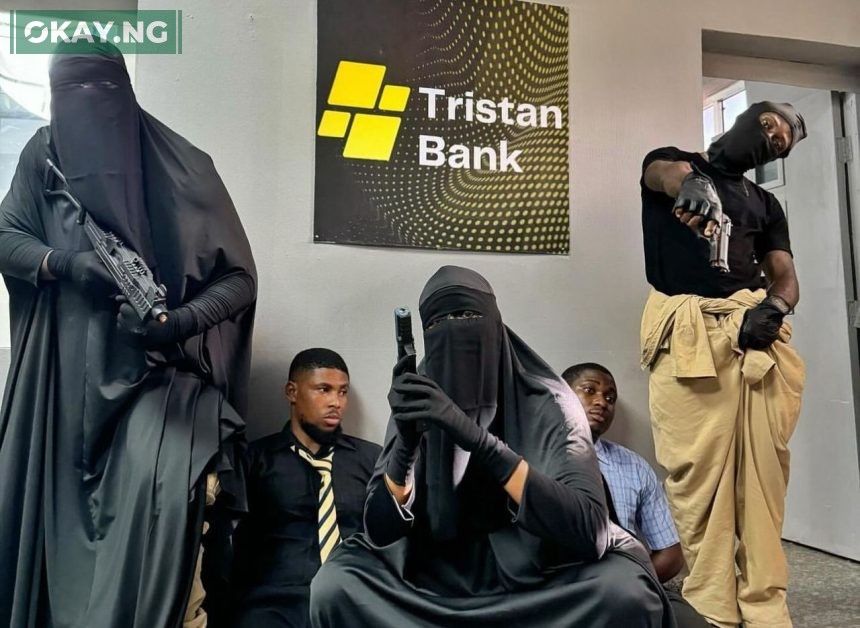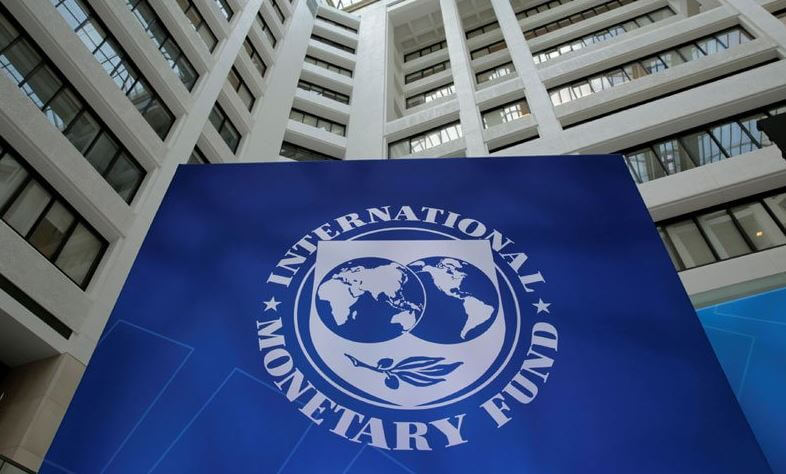The National Film and Video Censors Board (NFVCB) has issued a response to calls for the ban of a controversial film featuring actress Nancy Isime.
The film, still in production, has sparked significant backlash after Isime shared photos of herself wearing a niqab while holding a gun in scenes from the movie.
A niqab is a long garment worn by some Muslim women to cover their entire body and face, excluding their eyes. The images shared by Isime have provoked anger on social media, with many users criticizing the actress for using Muslim attire in a robbery scene.
In a statement, the NFVCB clarified that the film has not yet been released or submitted for classification. The board emphasized that it has communicated with the film’s producers to address the public’s concerns.
“The National Film and Video Censors Board (NFVCB), the statutory regulatory agency for film and video works as well as exhibition and distribution in Nigeria, has received complaints about an upcoming Nigerian movie that associated the Hijab, an outfit attributed to Muslim women that symbolizes respect, modesty, and religious devotion, with negative moral vices,” the statement reads in part.
“Our check revealed that the movie has not been released, and it has not been submitted to the NFVCB for classification as required by law and our mandate. However, we have been able to reach the producers of the film and have taken steps to address the concerns raised with the producers.”
The NFVCB reiterated its commitment to ensuring that creative works do not abuse, denigrate, or undermine religious, cultural, and ethnic sensibilities.
“We restate that as a classification agency, the NFVCB will not overlook any film or video works, including dramatized short contents (skits) that abuse, denigrate, or undermine religious, cultural, and ethnic sensibilities,” the statement continued.
“We commit to contributing to the positive transformation of the Nigerian society through classification of films and video works whilst balancing the need to preserve freedom of expression within the law, and limit social, cultural, and religious harm caused by films.”











